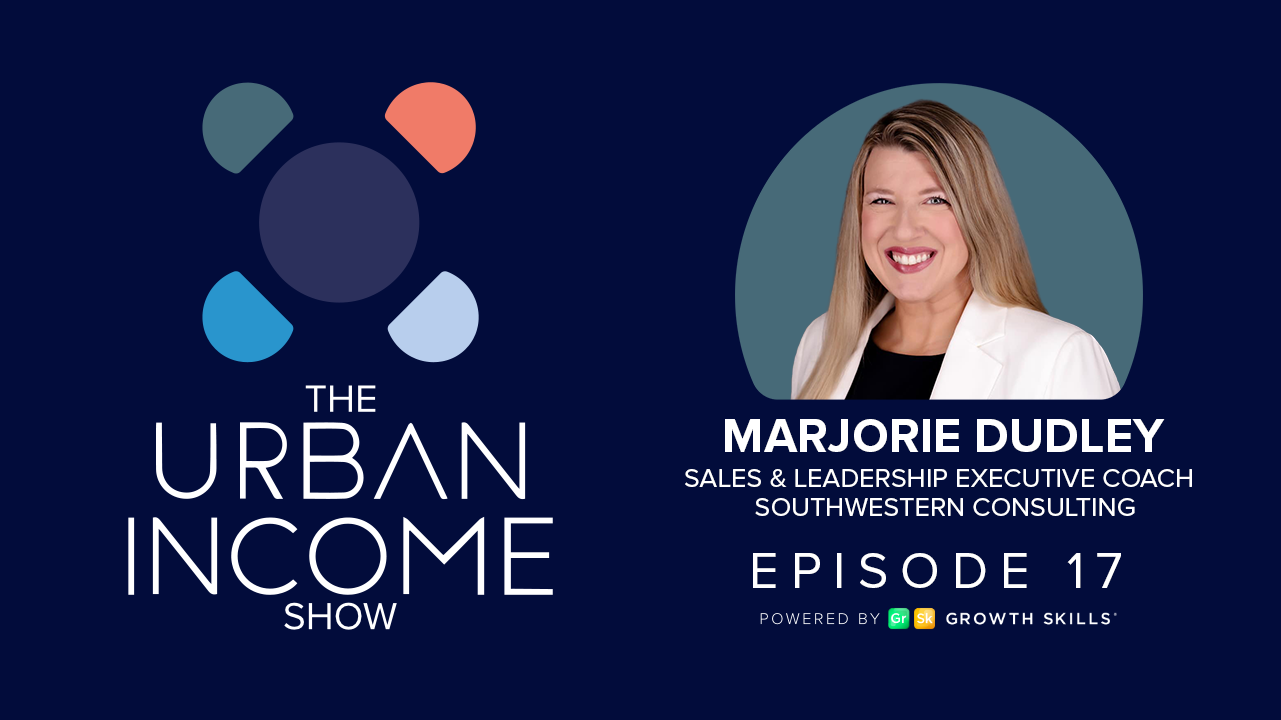How to Start Freelancing – Put Your Best Talents To Work
If you’re looking for extra money but aren’t sure how to start freelancing, you aren’t alone. One can easily be overwhelmed by all the sites offering jobs, providing advice on how to invoice or how to save for taxes, and so much more. But even before you get to all of the technical, financial, and legal necessities of dealing with your freelance business, there is the basic question: what freelance gigs can I even do?
From taking a hard look at your skills to understanding market demands, a lot of people hit a wall when contemplating how to start freelancing. Some might even throw their hands up in the air and not even believe that there is a viable path to making money on their own terms. The good news is that no matter who you are or what experience and knowledge you bring to the table, there is absolutely freelance revenue potential out there for you.
The trick is, you need to get yourself organized and take action in the right way to get your freelance career going. Don’t know where to start? Don’t worry — we’ve got you. What follows is a simple guide that you can use to put your talents to work and start earning extra cash or even make freelancing your primary source of income. With a little hard work and discipline, you can get there yourself and do it in the right way from both a financial and life balance point of view.
Ready to be your own boss and carve out your own career path? Here are a few tips to get you started.
How to Start Freelancing: Define Yourself
We all have something that we are good at. Some folks are naturals when it comes to fixing things, whether it’s car engines or leaky roofs. Others might lean into coding and developing software, from building websites to creating UX experiences. Whether you’re looking at physical labor like driving or something that has you at a desk like writing, you have a skill set inside of you that comes easier to you than to other folks and that you feel comfortable and confident in.
Defining yourself as a worker in the marketplace is where you need to start. Be it from schooling, mentoring, self-learning, or apprenticeship, identifying your marketable skills — that things you are really good at — is where you must put the focus on your freelancing career. Write them down on a document. Address the specific services you can perform. Soon, it will appear before you: that expertise that others can put you to work for. The more specific you are about it, the easier it will be to market yourself.
For example, if you’re good at landscaping, list the niche areas of the business you know well, such as tree trimming, soil grading, or planting. Or, as another example, if you’re looking into graphic design, maybe you’re better working in Photoshop editing images or have a knack for designing logos. Coders may be more proficient in Java than Python, for example. And handy folks may know more about car repair or perhaps how to install drywall. See? It doesn’t matter what area you’re strong in or what market you’re targeting — you have a skill.
Just identify it, define it in short blurbs that anyone can understand, and you’ve already started the process. You already know what you’re doing; it’s just a matter of being able to communicate that to potential clients as well as to yourself.
How to Start Freelancing: Connecting with Clients
Once you’ve landed on what your marketable freelancing skill is, it’s time to start understanding how to build a client base. Having a steady pipeline of clients seeking your in-demand skills is key. Research the type of people who will need your services.
For example, if you’re looking at coding, do an internet search for companies seeking the type of coding you are good at. Then, look into what a reasonable rate for those services is. Will you be charging hourly or by the project? What is the market price for your services? Properly pricing yourself is critical so you can be sure of how to invoice. You can even come up with a business plan to make sure you will be profitable.
Now that you have an idea of who your target clients are and how you should charge them, it’s time to go out there and connect with those paying customers. Perhaps the simplest place to start is on freelance job posting platforms. These are sites to get jobs that have already done the hard work of finding businesses in need of services. Keywords like writing, driving, coding, cleaning, or whatever your area of expertise is can lead you to the right website and help you start connecting.
But it doesn’t all start and end with web searches. Being a freelancer means being your own business. And that means you have to generate awareness of your brand — namely, you!
Start interacting with your existing network and connections. Family and friends may know of potential customers, colleagues, and ideas to point you toward work. Seek out networking opportunities like cocktail mixers, online seminars, and industry conventions. Create business cards and hand them out to new contacts. Look into advertising on social media platforms. Market yourself with a simple website and use relevant keywords to boost your rankings in search. All of these little steps quickly add up to a successful launch of your freelance business.
How to Start Freelancing: Managing Your Business
OK, so you’ve got a lot of hard work out of the way. You’ve figured out what you’re good at and what the market for your skills looks like. Taking a look at the value of your work, you’ve priced your skills and gotten everything lined up in terms of finding clients. Now you need to think about how to manage your business. And that means two big items. First, maintaining a healthy customer base and making sure it’s always growing. Second, you have to be sure you are handling your business finances the right way so that you stay liquid and stick to the requirements of tax laws.
On the first point, let’s think about how to ensure you have a steady customer base. First, you need to build a portfolio of your work. Typically, this will take the form of your own business website or perhaps a social media platform like LinkedIn. Take pictures of completed jobs, link to functioning online products like built websites or published writing, compile customer testimonials and package them in an easy-to-understand portfolio.
Past work speaks volumes. Happy customers build consumer confidence. And keep that all going by always learning new skill sets and improving upon what you already know to do. The more you develop, the more examples of work you can offer up and make yourself more attractive as a freelancer.
Now that you have made an impact on your customer base and have healthy income flowing in, don’t forget that you also have to manage your own money! It’s easy to forget that when we work for somebody else, tax forms and deductions are built into our paycheck.
Now, you will be doing your own taxes. You will have to learn that a 1099 is the form freelancers use on taxes. This means you will be collecting your gross earnings but will have to save some of your money in an account for tax purposes later. Job by job, set aside at least 25% to pay the government every year. Learn about deductions, or better yet, budget for an accountant to advise you. Being your own boss is great. Just be sure your freelance business is taking care of you as much as you are taking care of your freelance business.








